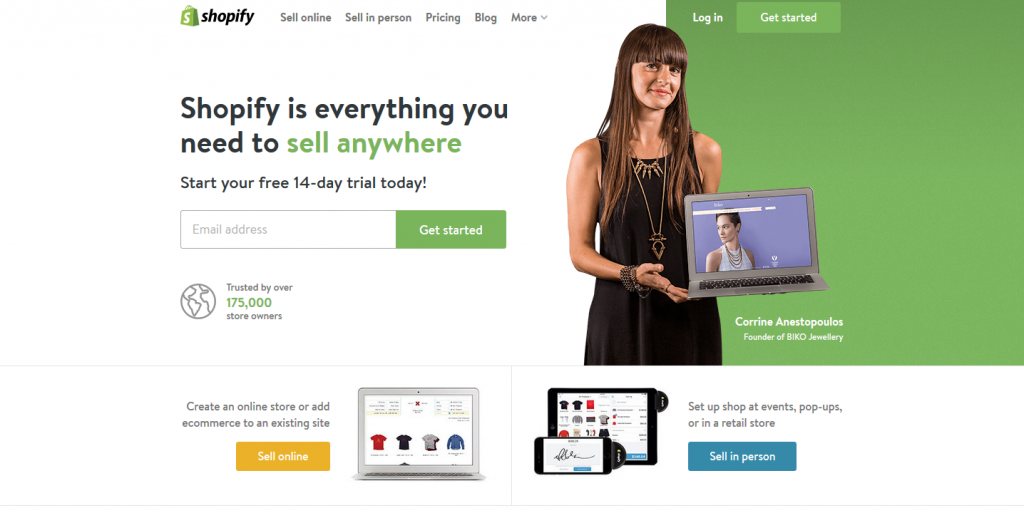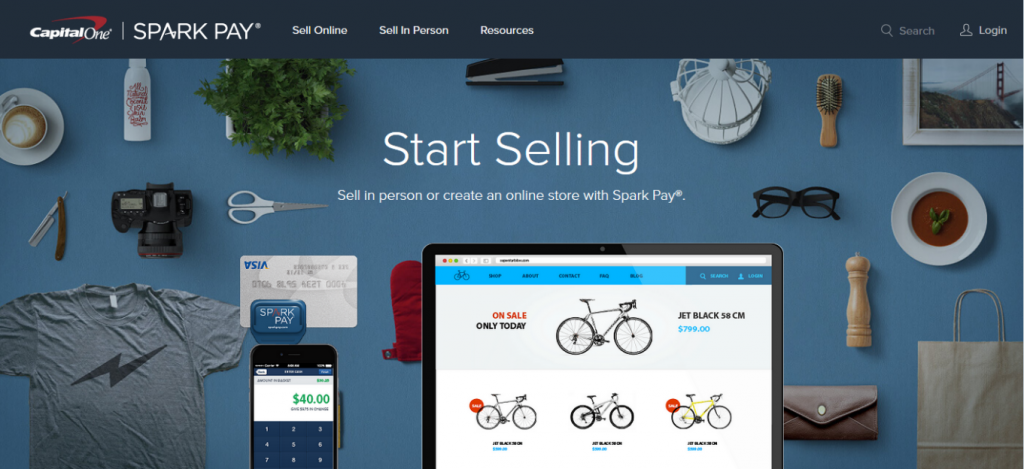
Having your own Web store is not only exciting, but running it can actually be a lot of fun. Apart from that, an eCommerce website can also help you earn additional income. In fact, you can run your site alongside working a full-time day job. You never know—your online store may just make you more money and go on to become your primary concern.
The good news is that there are several eCommerce platforms available to run a Web store. As a store owner, you have a plethora of options to choose, and it can be hard to decide on one.
Your main considerations should, no doubt, be selling your products and/or services. However, you will need to ensure that you build your store on a platform that is in keeping with the unique needs and requirements of your business.
Thanks to the user-friendliness of these eCommerce platforms, you can set up your own Web store within a few hours, and manage its various aspects easily. Additionally, these platforms are also affordable, so you can do it all without suffering sleepless nights worrying about expenses.
Before you zero in on a platform to build your eCommerce website, however, you will do well to educate yourself about the various available options beforehand. After all, you don’t want to make mistakes, as that would only mean waste of precious time.
ShopIntegrator
Thanks to cool platforms such as ShopIntegrator , what was once considered a time-consuming and arduous activity can now be accomplished in a matter of hours. That’s right, this tool enables you to set up your eCommerce store within a few hours and before you know it, you’re ready to go into business.
Wondering what makes ShopIntegrator so popular? It could have something to do with the fact that it is user-friendly enough to let you convert your already existing site or blog into an eCommerce website. Also, it enables you to create customized storefronts for displaying your offerings. Further, the simple drag-and-drop nature of the website may also have something to do with it.
Worried about the safety and security of the transactions? There’s absolutely no need as you will be able to accept payments through debit/credit cards and/or PayPal. Moreover, yours as well as your customer’s data will be protected with SSL security and PCI-compliant payment gateways. What’s more? Stores built on ShopIntegrator automatically get a mobile-optimized layout to connect with users across all devices.
Shopify
Shopify is one of the most popular platforms that can help you launch, run and manage a successful eCommerce business. Apart from facilities such as providing you with a user-friendly online storefront and payment processing capabilities, Shopify gives you a Web host, website builder, inventory management, back-end functionality, marketing tools, customer management, and so on.
Related Article: The Best eCommerce Platforms for Startups
With all this and more to offer, we’re not surprised that this tool is hugely popular and highly successful. It also offers several apps along with a striking collection of professional themes. For an additional fee, you can also use their abandoned cart recovery feature.
With Shopify, it is easy to integrate with shipping carriers, fulfillment centers and drop-shipping companies. You can use its mobile app to accept payments as well as manage your store. And in case you think it is going to be difficult to set up an online store, Shopify’s experts will always be around to help you build it.
Squarespace
One of the most underrated eCommerce platforms, Squarespace will help you build an online storefront that will be visually stunning. Further, it will also give you complete control over choosing the product variants, managing your inventory, uploading as many products as you like, selling products, generating coupons, setting shipping options and costs, managing customer data and much more.
Although its templates are extremely elegant, Squarespace is more suited to less complex eCommerce needs. This means that if you’re looking to build a simple, down-to-earth, yet a comprehensive online store, Squarespace may be just what you need.
Spark Pay
Erstwhile AmeriCommerce, Spark Pay is another platform that can be used to build a professional eCommerce website. You can have a full-fledged online store with a shopping cart, payment processing options, vendor tools, mobile commerce capabilities and a lot more.
Some of its other notable offerings include full HTML and CSS access to your store which lets you customize every aspect of the e-commerce Web design, themes and shopping carts, apps, add-ons, and the mobile commerce abilities.
LemonStand
If your small business is well past its startup phase and currently in the growing mode, then LemonStand may just hold the answers to all your eCommerce worries. In fact, it is tailor-made for developing businesses.
It is a cloud-based platform ideal for online stores that make more than six figures in sales every year. With its plethora of features, this software allows you to customize the designs and themes, sell more with ease, serve your clients better without worrying about hidden costs, and reach out to more and more customers.
Pinnacle Cart
Pinnacle Cart allows you to focus on business growth and describes itself as “the only shopping cart platform built for 100% scalability.” Every startup or small business aims to grow in the future, which is why it may be a good idea to let Pinnacle Cart fit into your scheme of things from the very beginning.
Instead of changing eCommerce platforms when your business starts to expand, this online software makes it easy for your business to perform right from its initial stage.
Conclusion
When it comes to eCommerce store-building platforms, the options are many. Choosing one among them boils down to the features and the usability offered. Prospective online store owners need to exercise caution when picking a platform that suits their business needs. Even though they may seem similar to one another, they can vary greatly in use. Let us know, in your comments, as to which of these e-commerce platform you prefer.
Author: Rachel Oliver is a passionate writer. She often shares her thoughts on business, technology, leadership, finance, fashion and more. Feel free to hit her up on Google+.
2991 Views


















